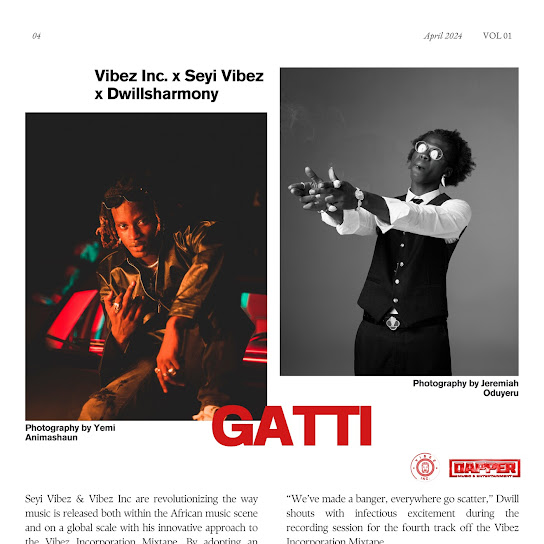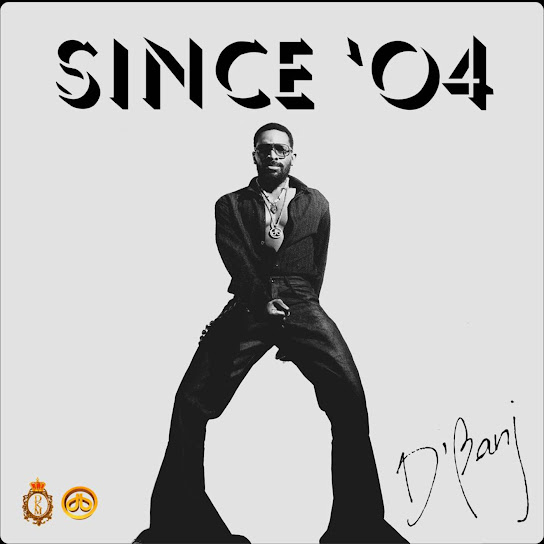Here is the answer and explanation to the question In “The Love Song of J. Alfred Prufrock,” what kind of person is J. Alfred Prufrock?
In “The Love Song of J. Alfred Prufrock,” what kind of person is J. Alfred Prufrock?
Bạn đang xem: In “The Love Song of J. Alfred Prufrock,” what kind of person is J. Alfred Prufrock?
| Certified Educator
In T. S. Eliot’s poem “The Love Song of J. Alfred Prufrock,” it is the indecisive nature of the protagonist, Prufrock himself, which takes centerstage.
Prufrock is the speaker in the poem, which is primarily a lengthy meditation on the “overwhelming question” of whether he actually dares to take any steps to change the situation in which he finds himself. We know that Prufrock is not a young man: on the contrary, he tells us that he is growing old, and he dresses himself in the manner of an older man. He has a deep and abiding sense of his own unworthiness and does not feel he is even fit to play the protagonist in the story of his own life. On the contrary, he believes that he is more an “attendant lord” than a hero and that any attempts to change that would be at risk of disturbing “the universe.” That is, Prufrock seems to believe that he was designed and characterized as an indecisive and timid person who should not “dare” take anything for himself and that this is simply the fundamental nature of things. He does not dare venture anything even as seemingly basic as eating a peach, because it is not in his nature.
We do not know exactly what the step is that Prufrock is debating in this poem, but clearly something has presented itself to him as an option which he might take, if he is brave enough. The meditations on the women who “come and go” suggest that possibly Prufrock is contemplating presenting himself as a suitor to a woman. However, ultimately, he does not do this, lamenting that the mermaids “will not sing” to someone like him. He is resigned to his own loneliness and mediocrity.
| Certified Educator
Prufrock is an extremely insecure young man, chronically unable to fit in with his surroundings. His insecurity feeds into his relations—or rather lack of them—with other people, especially women. Permanently estranged from society, Prufrock leads an empty, meaningless existence marred by sadness, isolation and despair. He tries to ameliorate his loneliness by bravely venturing forth into society every now and then for what the philosopher Kierkegaard once described as a “people bath.” But each time he does so, he experiences nothing but boredom and disillusion. For one thing, he finds his unprepossessing appearance being constantly subjected to the most minute scrutiny:
And I have known the eyes already, known them all— The eyes that fix you in a formulated phrase, And when I am formulated, sprawling on a pin, When I am pinned and wriggling on the wall…
No wonder Prufrock seems so obsessed about his looks. He refers to his thin arms and legs, the bald spot in the middle of his hair. Clearly, he cringes at the thought of being subjected to the withering gaze and harsh judgement of women who come and go, talking of Michelangelo. But as Prufrock’s frequent sallies into society indicate, he’s nothing if not an optimist. He tells himself that there’ll be plenty more opportunities to make his mark with the opposite sex:
Time for you and time for me, And time yet for a hundred indecisions, And for a hundred visions and revisions, Before the taking of a toast and tea.
Whether this is indeed an expression of optimism on the part of Prufrock, or rather one of self-delusion, is a matter for the reader to judge.
Further Reading
- https://www.poetryfoundation.org/poetrymagazine/poems/442…
| Certified Educator
“The Love Song of J. Alfred Prufrock” paints a portrait of a man so stunted by his anxiety and insecurity that he finds it difficult to exist in modern society. It is a study in isolation and alienation.
In an especially telling allusion, Prufrock (the poem’s speaker) compares himself to Shakespeare’s Prince Hamlet, a character famous for his indecision and inability to act. Ultimately, even this comparison is dismissed and instead Prufrock declares that, if anyone, he is “an attendant lord… almost a fool.” These lines demonstrate Prufrock’s poor opinion of himself. He cannot imagine himself as the main character, even a wishy-washy one like Hamlet, of his own life.
Prufrock’s anxiety can also be seen in his questions: “Shall I part my hair behind? Do I dare to eat a peach?” Here he clearly elevates decisions that should be fairly easy to make and inconsequential to be monumental concerns. If Prufrock needs to consider how he will part his hair this closely, one can imagine that bigger decisions will be even more difficult to make.
The reader also gets a sense of Prufrock’s age in lines such as “I have measured out my life in coffee spoons,” and “I grow old… I grow old.” This understanding that Prufrock is, at least, middle aged helps us to contextualize his concerns.
| Certified Educator
Prufrock is a shy, lonely, insecure, middle-aged individual. The poem offers us a direct insight into his confused, questing, wandering mind. He appears trapped in his own thoughts, unable to freely communicate with others, wandering aimlessly from one subject to another.
We get a strong sense of Prufrock’s alienation from society, and especially of his impatience with the superficial, tedious social routines of dressing up, taking tea, making small talk. Prufrock feels isolated, and resentful of such scenes. ‘I have measured out my life with coffee spoons’, he notes sardonically (line 51), instead of doing anything really worthwhile. In a word, he is bored.
Prufrock sees himself with an ironic eye, as some kind of universal ‘Fool’ (119), a sad lonely, ageing, pathetic figure. He feels of so little account that at one point he remarks:
I should have been a pair of ragged claws
Scuttling across the floor of silent seas. (73-74)
He returns to the sea-image towards the end of the poem, when he conjures up a romantic picture of mermaids, ‘riding seaward on the waves’ (126), although he admits that such enticing creatures would probably not ‘sing to me’ (125). However, he is able to escape his dreary life for a while in romantic daydreaming, until he is brought back to reality by ‘human voices’ which cause him to ‘drown’ (131). The poem therefore ends with a striking image of him floundering helplessly and being submerged in an uncongenial world.
The poem encapsulates both pathos and comedy in its view of an alienated individual in modern urban society, mixing the profound with the trivial in an effective way.
See eNotes Ad-Free
Start your subscription to get access to more than 30,000 additional guides and more than 350,000 Homework Help questions answered by our experts.
Start your Subscription
Do you find that the article In “The Love Song of J. Alfred Prufrock,” what kind of person is J. Alfred Prufrock?
If not, please leave a comment below the article so that our editorial team can improve the content better
Post by: THCS LeQuyDon
Category: question
#Love #Song #Alfred #Prufrock #kind #person #Alfred #Prufrock #eNotescom







